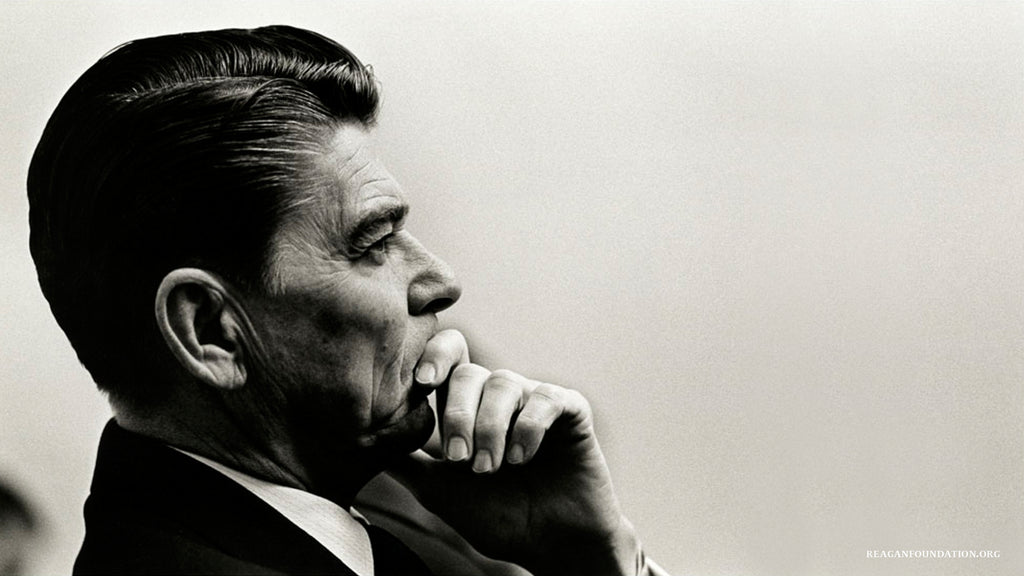August 18, 1988 the President Ronald Regan proclaimed:
For all they have achieved throughout life and for all they continue to accomplish, we owe older citizens our thanks and a heartfelt salute. We can best demonstrate our gratitude and esteem by making sure that our communities are good places in which to mature and grow older — places in which older people can participate to the fullest and can find the encouragement, acceptance, assistance, and services they need to continue to lead lives of independence and dignity.
He was 77 years old.
In 1930, when Regan was only 19 years old, America's older population numbered less than 7 million, 5.4% of the population.
Now, one in three Americans is 50 or older. By 2030 one in five will be 65 and older. We need to know what to call this important and increasingly large segment of our society.
Senior - Elder - Older- nothing feels right and good. Wouldn't not having to categorize people this way at all be revelatory?
As Stacey Burling explored in her post:
If we can't call people old what is the right word?
No matter what you call them some people who fall into the young old, older old, oldest old demographic will be offended by whatever language you choose.
Language matters and there is a lot of evidence that how you speak to and about people carries enormous weight and effects their physical, mental and emotional health.
For today let's not let an argument over semantics eclipse the very important role that people who have been around awhile and learned a lot can play in all our lives.
Kim McLeod



